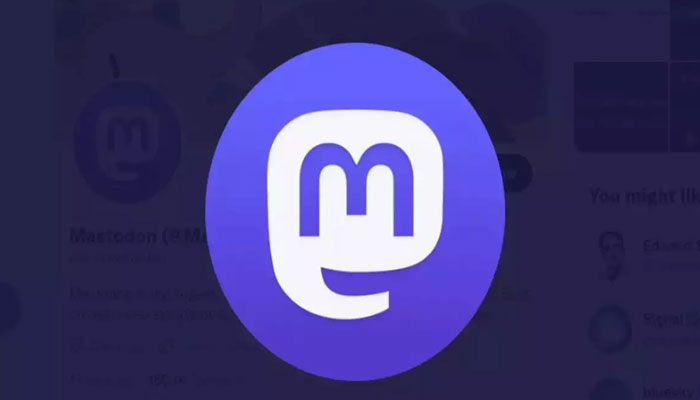Are you looking for Twitter alternatives after Elon Musk took over?
After Elon Musk intrroduced new rules, Twitter users are mulling options as social media platforms also vie to challenge Twitter's dominance
Twitter has been facing a growing number of users leaving the platform since Elon Musk took over in October. Several contenders are vying to dethrone Twitter as the go-to platform for media, officials, and celebrities. Here are some of the leading competitors:
Bluesky:
Created by Twitter's co-founder Jack Dorsey, Bluesky is the talk of Silicon Valley. The platform looks and feels like Twitter, but posts on Bluesky are referred to as "skeets."
The platform was created as a way to think about a decentralized version of Twitter where users have more control over their personal data and content moderation.
Mastodon:
Created in 2016 by the German developer Eugen Rochko, Mastodon is a decentralized social network without advertising where privacy is sacrosanct.
Like Twitter, users post small messages, but each user signs up to an independently-run server, and there are thousands of them.
In theory, users can interact freely across Mastodon servers, but this can be complicated and unreliable. Content moderation is left to the sole discretion of server administrators, which can disrupt the experience.
Substack Notes:
After the site launched Substack Notes, Musk briefly blocked links and search responses to Substack, the site that helps writers monetize their work.
Notes allows writers to post short pieces of content like Twitter and guides users to paid content. However, content moderation is still a big question mark.
Niche platforms:
Other start-ups are also attracting attention, especially those that cater to a specific audience. Right-wing sites like Gab or Truth Social, the platform launched by former US president Donald Trump, have positioned themselves as conservative alternatives to Twitter. Discord is a platform used by gamers that allows users to create invite-only chat rooms where participants can hold discussions on shared interests.
As Twitter faces increasing pressure to improve content moderation and privacy, these competitors are well-positioned to capitalise on users' frustrations. However, each platform faces its own unique challenges, and Twitter's vast user base remains a formidable competitor.
-
Total Lunar eclipse: What you need to know and where to watch
-
Sun appears spotless for first time in four years, scientists report
-
SpaceX launches another batch of satellites from Cape Canaveral during late-night mission on Saturday
-
NASA targets March 6 for launch of crewed mission around moon following successful rocket fueling test
-
Greenland ice sheet acts like ‘churning molten rock,’ scientists find
-
Space-based solar power could push the world beyond net zero: Here’s how
-
Hidden ‘dark galaxy' traced by ancient star clusters could rewrite the cosmic galaxy count
-
Astronauts face life threatening risk on Boeing Starliner, NASA says














